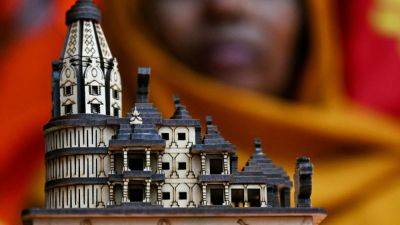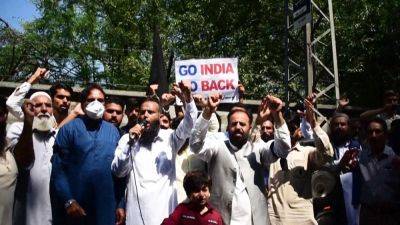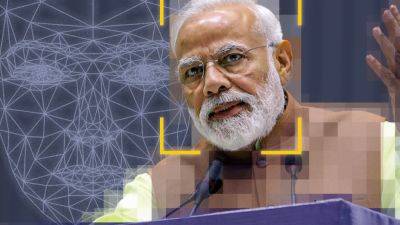India lambasted for deporting Rohingya refugees to Myanmar in violation of international law
The CAA grants citizenship to the followers of six religions – Hindus, Sikhs, Buddhists, Jains, Parsees and Christians – who came to India from Pakistan, Bangladesh and Afghanistan before 2015 and faced religious persecution. Muslims, however, are conspicuously absent from the list.
As a result, the CAA does not apply to the Rohingya, a mainly Muslim ethnic minority from Myanmar’s Rakhine State, rendering them without basic rights within India.
Abdul Rohin, a 50-year-old Rohingya Muslim, came to India in 2014 with his family. Living in the northern state of Jammu, he said that he, his wife and eight children left Myanmar amid the “atrocities” being committed against Rohingya by government forces.
“The ethnic cleansing of Rohingya started in 2012 but at that time, not much of it was reported. So my family and I took asylum in India,” he said.
Rohin, whose 28-year-old son Mohammad Yasin has been held in the detention centre for the past three years, said it was better to die in their homeland than live in humiliation in India.
“Every day we are being humiliated here because of our identity [as Muslims]. My son is in the detention centre for no reason. I don’t even have the money to fight for his case. Life is miserable here,” Rohin said.
The Office of the United Nations High Commissioner for Refugees (UNHCR) has reported that nearly 79,000 refugees from Myanmar are living in India including around 22,000 Rohingya registered with the UN agency. Most Rohingya in India have been issued UNHCR cards recognising them as a persecuted community.
Last month, the Indian state of Manipur sent the first group of 77 refugees back to Myanmar after the northeastern state witnessed sporadic ethnic violence that had killed nearly 200 people.
“Firs







